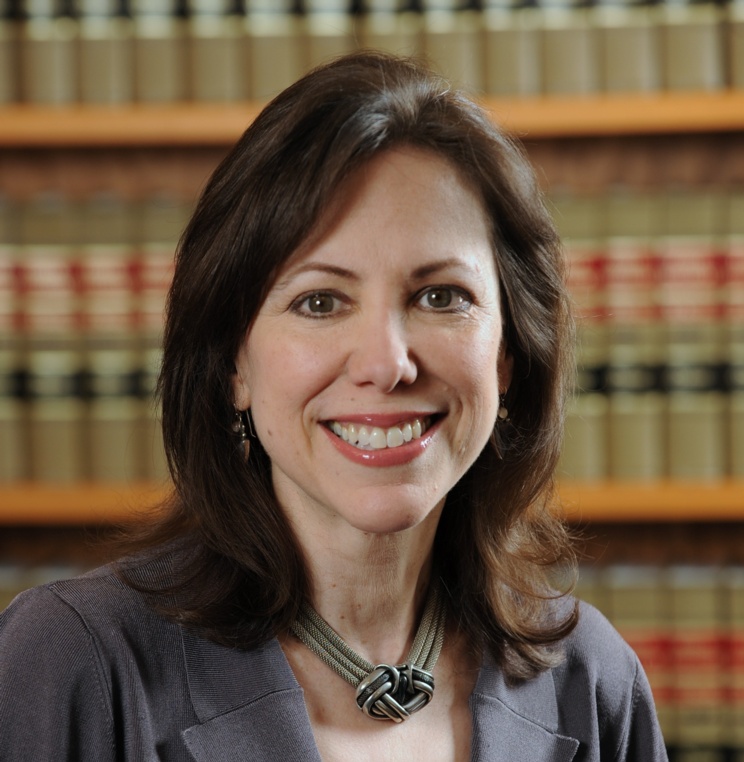
Professor Diane Orentlicher Testifies About War Reparations Before Helsinki Commission
July 18, 2019
On Thursday, July 18, 2019, Professor Diane Orentlicher participated in a briefing before the Commission on Security and Cooperation in Europe – also known as the Helsinki Commission – on “Truth, Reconciliation, and Healing: Toward a Unified Future,” held at the Rayburn House Office Building in Washington, DC. The hearing addressed efforts to encourage restitution, reparations, and restorative justice called for in many places, including the United States, Western Europe, Canada, and the Balkans, while Holocaust survivors and other victims of Nazi persecution continue to seek justice worldwide. The panel of experts reviewed lessons learned and discussed ways to heal and reunify societies divided by war, genocide, hierarchal systems of human value, and other tragedies stemming from extreme nationalism, racism, anti-Semitism, and other forms of ethnic and religious discrimination.
Orentlicher is a world-renowned expert in international law criminal law and international human rights at AUWCL. She is a former special advisor to the High Commissioner on National Minorities of the Organization for Security and Co-operation in Europe and the author of Some Kind of Justice: The ICTY's Impact in Bosnia and Serbia.
“I do not believe Bosnia can become unified in any meaningful sense until public officials and other elites, as well as ordinary citizens, acknowledge the full extent of atrocities committed by members of their in-group and unequivocally condemn their crimes,” Orentlicher said in her written testimony. “We have to be strategic as well as creative, seizing the full potential of emergent opportunities without overburdening them. Sometimes, societies reach a turning point, perhaps a fleeting moment, when key sectors can take a step that was previously inconceivable, like recognizing the necessity of removing confederate monuments or beginning to explore reparations for slavery and its legacy, as Ta-Nehisi Coates’ landmark essay stimulated many to do. The very doing of what is possible in the moment—taking down hurtful monuments, for example—can pave the way to the next stage of reckoning.”
Read more and watch the full hearing on the CSCE website.